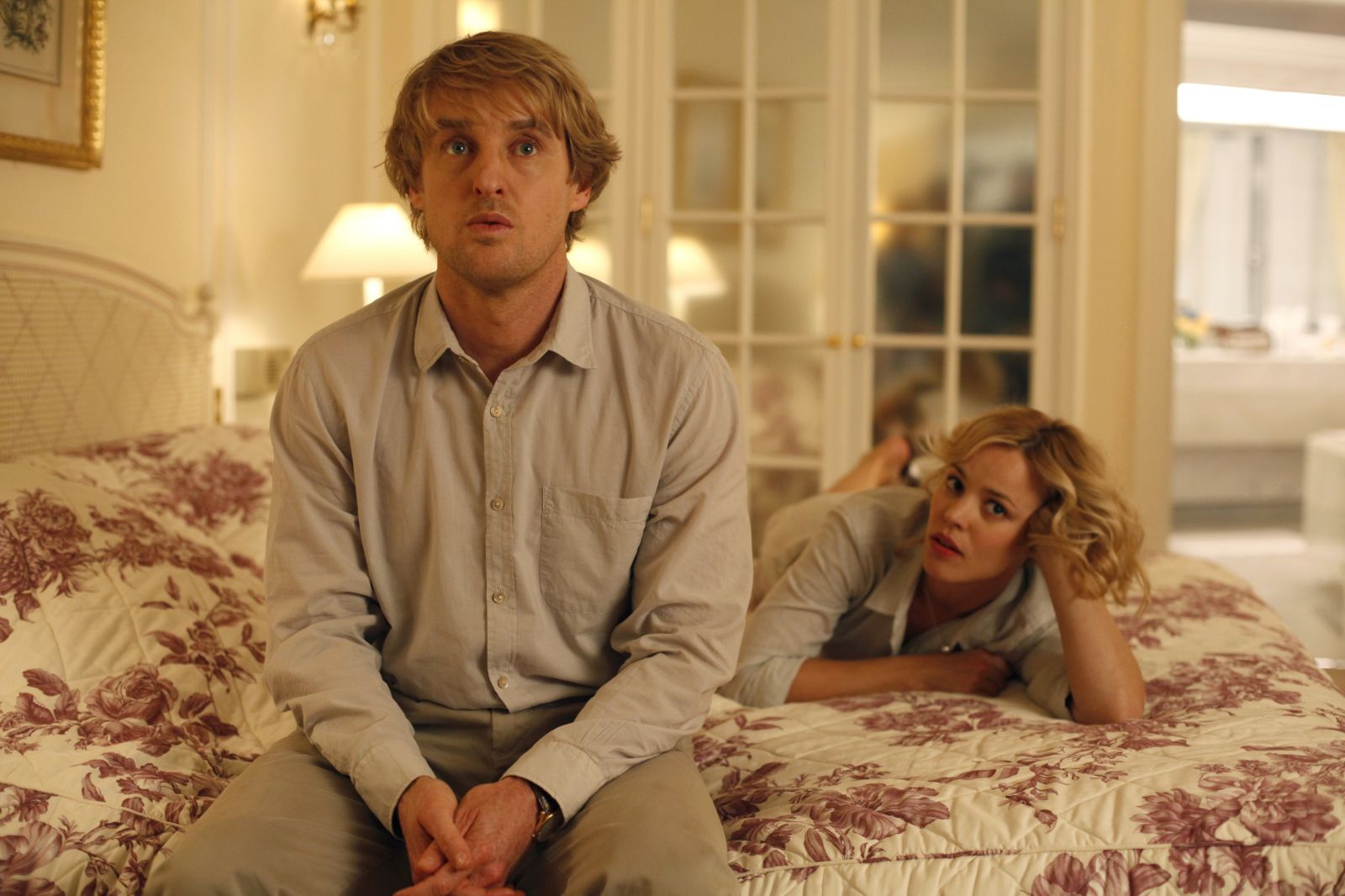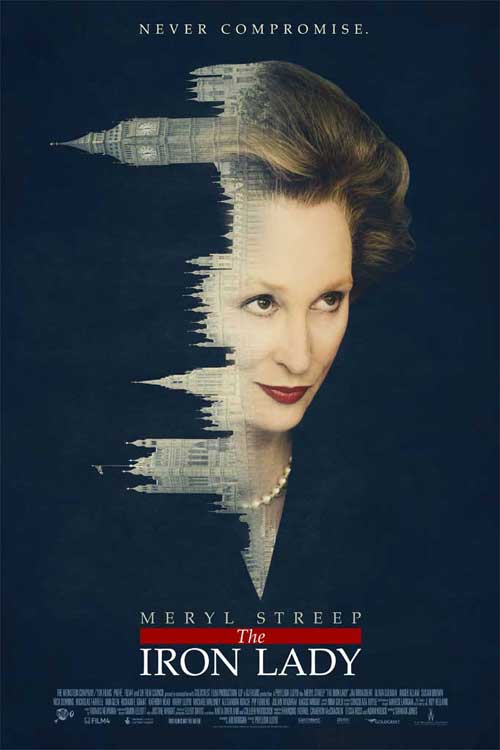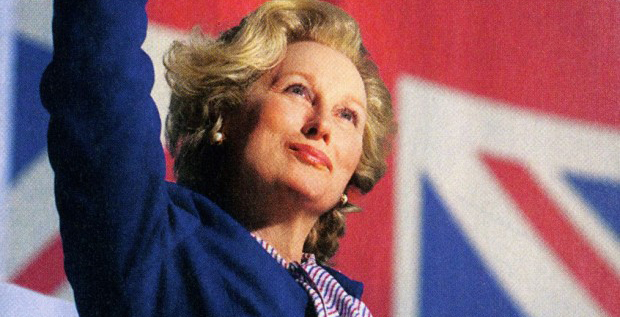Hugo (2011)

When you think of Martin Scorsese, what kind of films do you think of? I think of films like Goodfellas, Taxi Driver, and The Departed, some of the more popular entries in his body of work. Who'd have thought that the director of such crime classics could direct a 3D G-rated family film and do it so goddamned well. Hugo is a truly unique film and as Scorsese's love letter to silent cinema, it may be the film that he would connect with most as a filmmaker (of course, I don't know, I can't see into the man's mind). Hugo reaffirms Scorsese's status as one of the greatest directors of all time and the film itself is one of the best films of 2011, if not one of the best films of all time. There is nothing really wrong with it, plain and simple, and there's nothing that I can see anyone (especially a film buff) disliking. It looks great in all aspects, it's extremely well acted, the story is told brilliantly, and it is a worthy film in what I call the Nostalgia Trilogy of 2011 (the other films being Midnight in Paris and The Artist, two fellow Best Picture nominees). Also important, it was nominated for a fuck-ton of Oscars, many that it has the possibility of winning, and it is my second choice for Best Picture behind The Artist.
Hugo takes place in 1931 in a Parisian train station, where our main character (Asa Butterfield), an orphan named Hugo Cabret, has lived and worked since his father (Jude Law) passed away. The story proper begins when Hugo tries to steal a toy mouse from the grumpy old man that owns the toy shop in the train station (played by Ben Kingsley). He makes Hugo empty his pockets and comes across a notebook filled with drawings of some sort of robot. The old man takes the notebook, claiming that it belongs to him, and is adamant in his threats to burn it. Hugo cannot have that happen (for reasons that we will find out) and he desperately begs the man for the notebook to minimal avail. He even goes so far as to go to the man's house and beg.
 |
| Asa Butterfield and the adorable Chloe Moretz as Hugo and Isabelle respectively |
Why, do you ask, is Hugo so desperate to get the notebook back? Well, the notebook belonged to his father, as well as the automaton that the drawings depict. Hugo and his father were trying to fix the automaton, but all that was missing is a key in the shape of a heart. That key is around the neck of the old man's goddaughter, named Isabelle, (Chloe Moretz), who is our secondary protagonist. Hugo and Isabelle try to activate the automaton, and the actions of the automaton drive the second half of the film, where Hugo and Isabelle find out more about her godfather (hereafter referred to as Papa Georges) and his past. That's all I want to say. I don't want to spoil anything because quite frankly, there's a ton of stuff to spoil about this movie and you should honestly see it for yourself instead.
This film is based on a reasonably popular novel by Brian Selznick entitled The Invention of Hugo Cabret. I was semi-aware of the book's existence before an adaptation was announced, but I had never read it and when I had seen it, I dismissed it as another young-adult fiction book. However, I considered this a good thing while watching the film, as it allowed me to view the film objectively and look at it as a movie rather than just an adaptation. Seeing the film doesn't exactly make me want to read the book, but I will say that the film tells its story very well. It is a relatively simple story, but it has not been done before and it is refreshing to see an assurance to the fact that movies somewhat aimed at children don't have to have labyrinthian plots filled with pop-culture references to be good. The story may be told from Hugo's perspective and he may be the main character, but the film is really a loving tribute to the life and work of one of the geniuses of early filmmaking.
| The automaton that drives the first half of the movie, or why the film got a visual effects nomination |
SPOILERS BE PRESENT IN THIS PARAGRAPH
That filmmaker is none other than Georges Melies, one of the pioneers of early film and one of the masters of old-timey special effects. The film states that Melies was in his heyday before WWI and made over 100 films during that time, enjoying phenomenal success. However, once the war was over, nobody was interested in his films and he retired in shame, destroying all of his sets and all the copies of his films. People also thought he died in the War, so there was no question as to where he was or what he was doing. As far as I know, this story is pretty accurate. However, more negatives were found of his work (being found in the film through a film buff and huge fan of Melies played by Michael Stuhlbarg) and Melies gained a whole new fanbase. Seeing this film has made me want to check out some more of his work. It is this tribute to Melies' life and work that makes Hugo truly special, as there has not been a film about the director and I'm guessing that Hugo is the closest we are ever going to get.
END OF SPOILERS
You can tell that Scorsese has great respect for the filmmaker I mentioned in the spoilered paragraph, so much that Hugo can be considered as a whole film of Martin Scorsese fanboying for the directors and the films of yore. This love for old cinema is more prevalent in the second half of the film. The first half is merely about a lonely boy trying to fix a machine in the hopes that it contains a message left to him by his father. The movies are not mentioned that often, but the film sort of transitions over in the second half. May I say, I loved it. I loved the idea presented that films had the power to make dreams come true, which is what, in my opinion, films are all about. This is best shown in the scene where Hugo and Isabelle sneak into a movie theatre because Papa Georges won't let Isabelle go to the movies. This could be considered the film's turning point and it demonstrates what the film is trying to say very well. It is likely the most important scene in the film, and it is basically where the plot switches. It works because Isabelle had never seen a movie before and when Hugo takes her to the movies, she goes through the experience that I think everyone should go through at least once in their life. That is, the joy of watching an old movie. I felt that with The Artist, and I definitely felt it for Hugo.
 |
| Scenery Porn Exhibit A. Just look at the background..... |
The film is considered Scorsese's "love letter to silent cinema", and it is through that idea Hugo is truly special. I loved the clever ways this idea was executed, I loved the flashbacks towards the end, I loved the use of footage from some of the popular films of the time, I just loved it. However, the other main thing that makes this story special is it's innocence. These days, people don't like innocent. They like cold, hard, and cynical, and Hugo delivers an innocence that is unfamiliar in children's films nowadays. Hugo is a genuinely likeable and interesting boy, as is his companion Isabelle, and there is not a single unlikable character. Even the Station Inspector (Sacha Baron Cohen), the film's antagonist were it to have one, is a reasonably sympathetic character with the help of a few humanizing character traits. This shows the genius of John Logan's screenplay and it is probably the reason why Hugo nabbed an adapted screenplay nomination, because the dialogue is admittedly not spectacular. But I think I've talked about the story and characters enough, so let's talk about the rest of the film.
First of all, the film looks fantastic on all counts. It looks so fantastic that I consider it the film's greatest strength. Everything about this film is visually perfect, and it could very well be one of the prettiest movies I have ever seen. First of all, the scenery is fantastic, so much so that I am absolutely certain that this film will win Best Art Direction come February 26th, as there is not a single film in that category that was more visually brilliant than Hugo. It all looks fantastic, especially the train station and the clocks. I would say that they are not fake enough to be CGI but not quite real enough to be sets. Regardless, they look fantastic. The costume design is also excellent, though I don't see much chance of it winning, and the cinematography is absolutely gorgeous. I don't think it will win for either, but the sets look fantastic. Since I asked for a few adjectives to describe the visuals, I will say they are mesmerizing, enchanting, sumptuous, and vibrant. I think I've said enough though, so I'm going to move on.
 |
| One of the images from what is certainly one of the most beautiful openings in recent memory. |
The film also boasts a phenomenal cast, all of whom give good performances. Asa Butterfield is pretty good as Hugo, not to mention utterly adorable. Anytime he cried, it was incredibly distressing and any time he was happy, I was happy. I think the crying thing has to do with the fact that he has eyes so big and so blue that he could easily be mistaken for the kid brother of Elijah Wood. Chloe Moretz gave a decent performance as well, working well alongside Butterfield and capturing the bookworminess of her character very well. Her accent also seemed to be channeling Hermione (a three-way accent, seeing as she is an American actress playing a French character with an English accent). Ben Kingsley is also excellent as Papa Georges, and he displays the character well, holding up the biopic sections of the film. Even as comedy relief goes, Sacha Baron Cohen gives a fantastic performance (probably one of his best) as the Station Inspector, who, though a villain, is just as human as Hugo and the other characters. The rest of the cast includes the likse of Helen McCrory (Narcissa Malfoy) as Mama Jeanne, Michael Stuhlbarg as Rene Tabard (a movie buff and kind of a surrogate for the audience, at least the audience of movie buffs), Christopher Lee as a kindly librarian, and Jude Law as Hugo's father (who does extremely well considering how little he is in the movie). Needless to say, it should have received a SAG nomination for the ensemble cast because though the acting was not the strongest element of the film, there was no bad performance amongst the A-list cast.
Hugo is a brilliant film, and it is apparently one of the best of Scorsese's oeuvre. It is definitely one of my favourite films of 2011 and one of my top 30 favourite movies of all time. Hugo could easily be described as an experience, and it is an experience that all film buffs should go through, especially those who are knowledgable with regards to silent movies, because there are a ton of references that even I, one who hasn't seen that many silent films. Hugo is a masterpiece, through and through, it has brilliant and exhilarating visuals (which I could imagine would look amazing in 3D, judging by the opinions I have heard on this site), a great cast, and a great story. I don't know how many Oscars it will win, and I don't know how it would work for kids, but I know that it deserved every single nomination it got and if I were to have children, I would definitely show them the film. So in short, see it. See it before the Oscars if you can, as it was the film with the most nominations and it is one of the best films of the decade.
10/10- Instant Classic, Must-See
 |
| Jude Law and Asa Butterfield. |




















